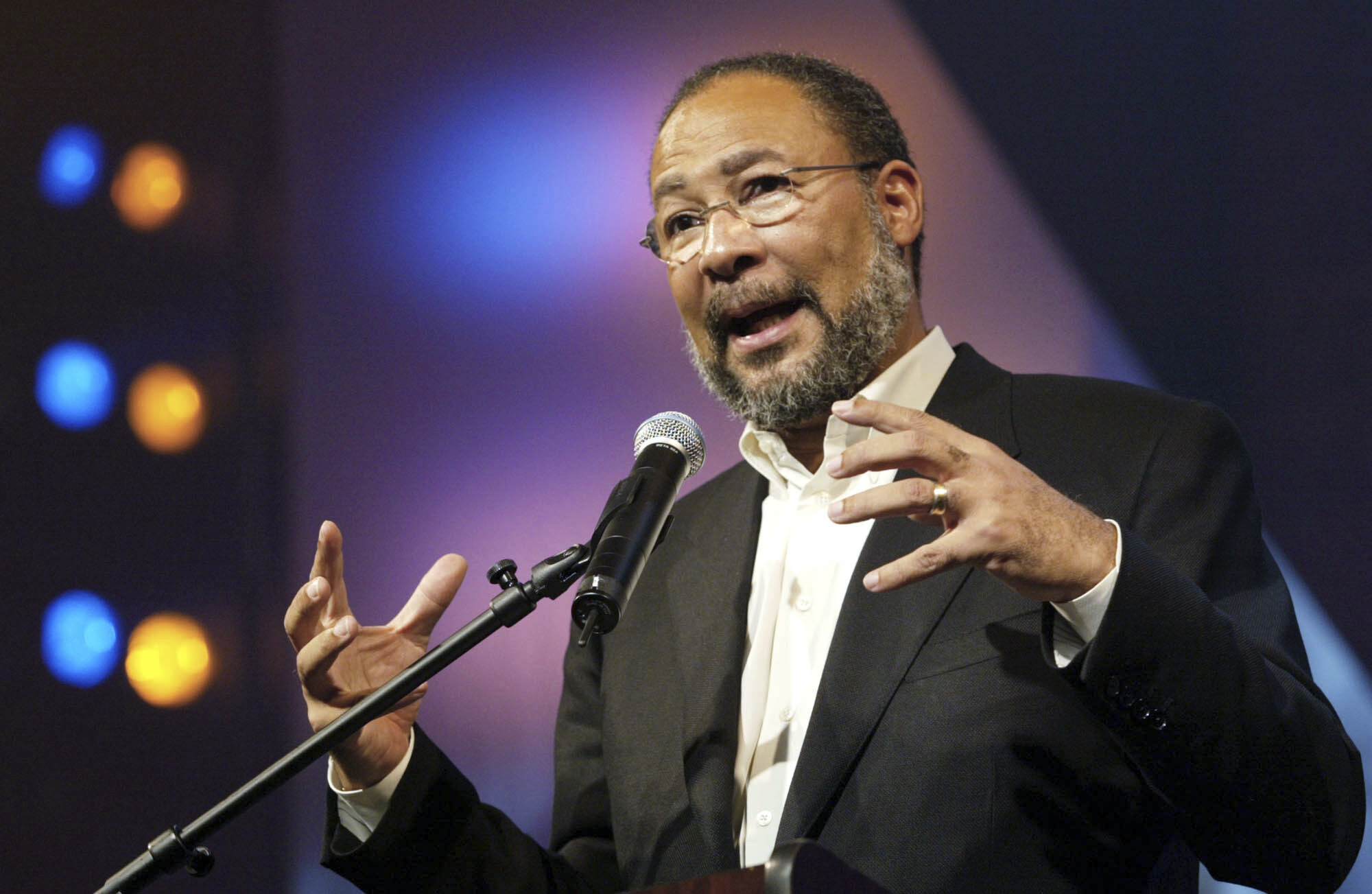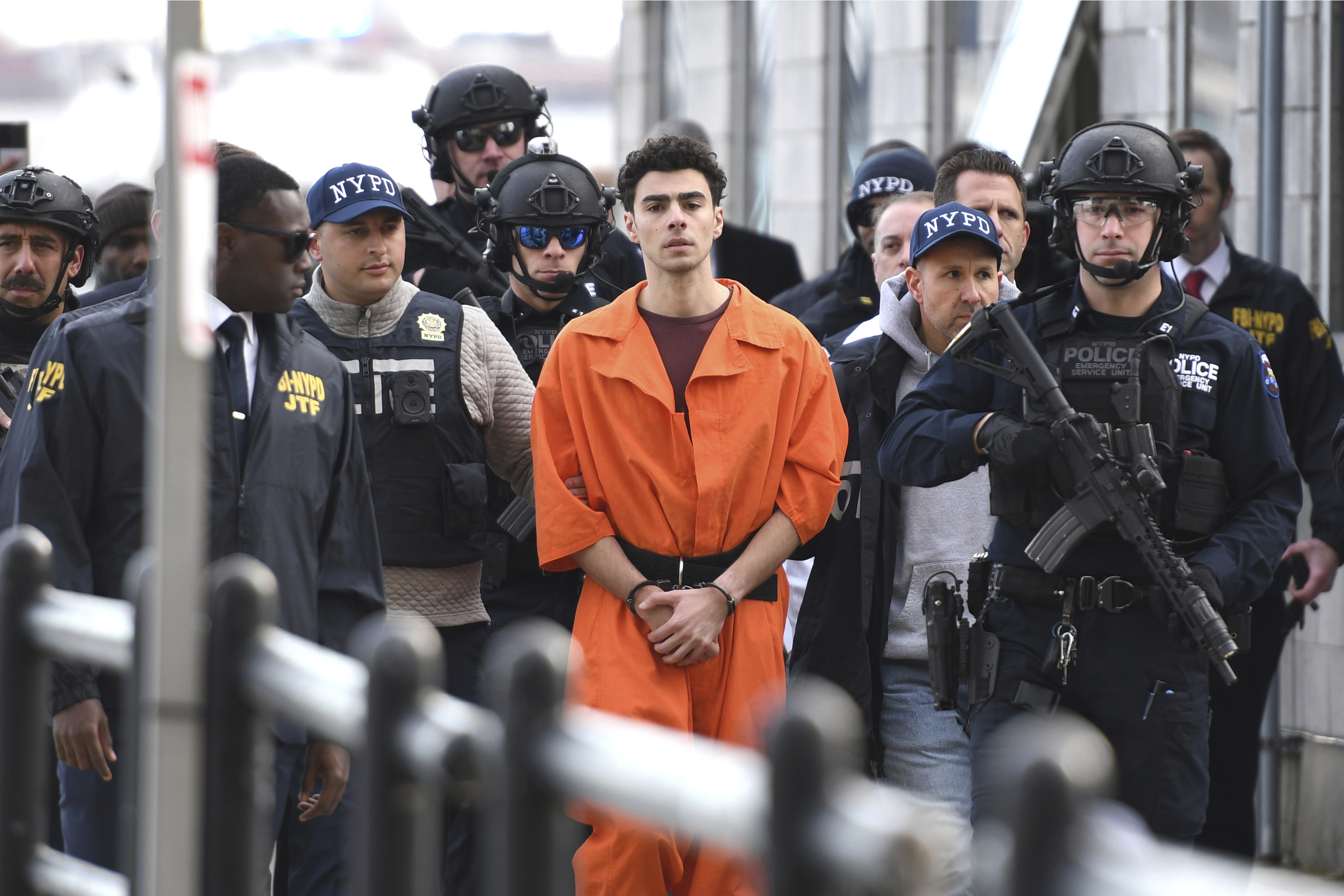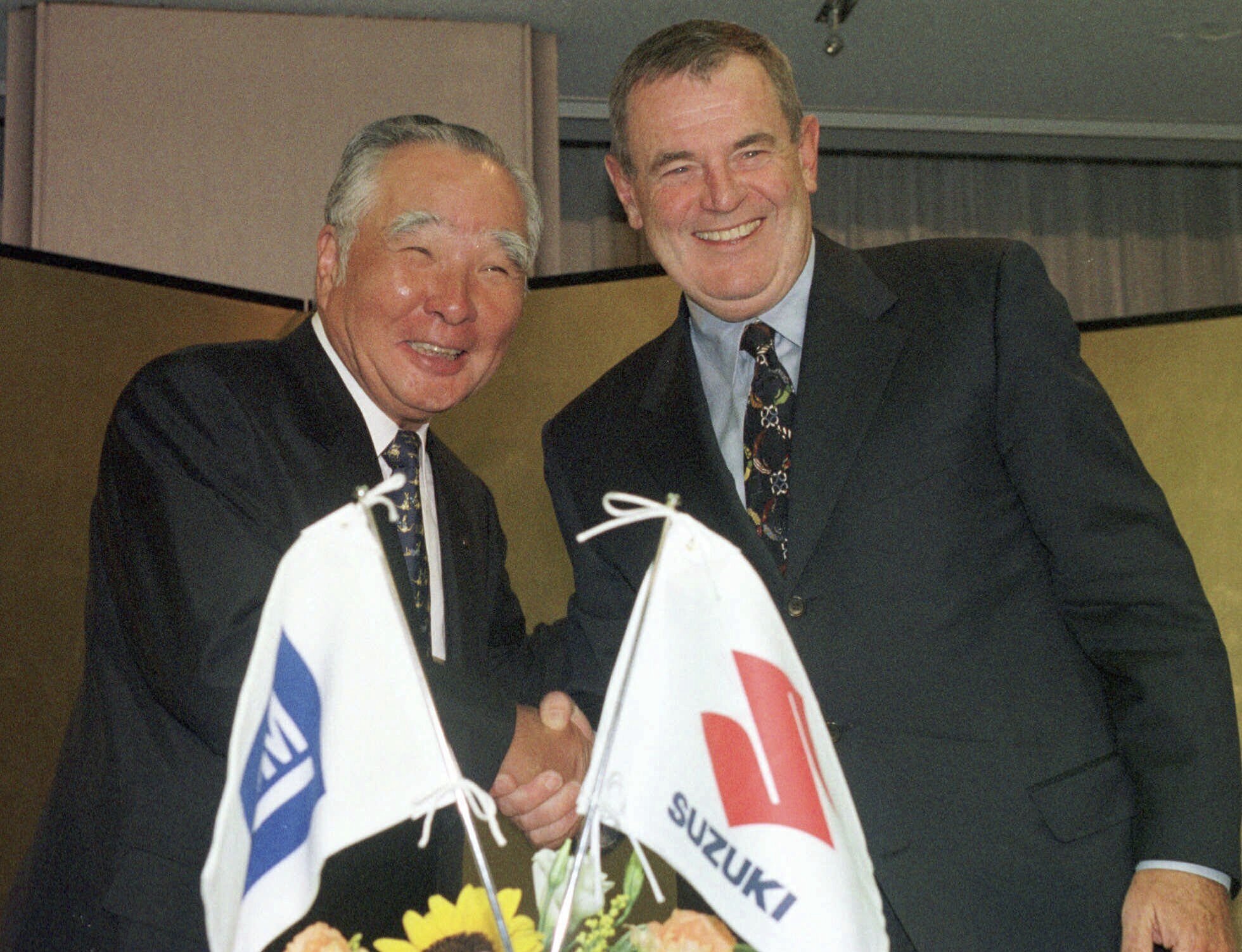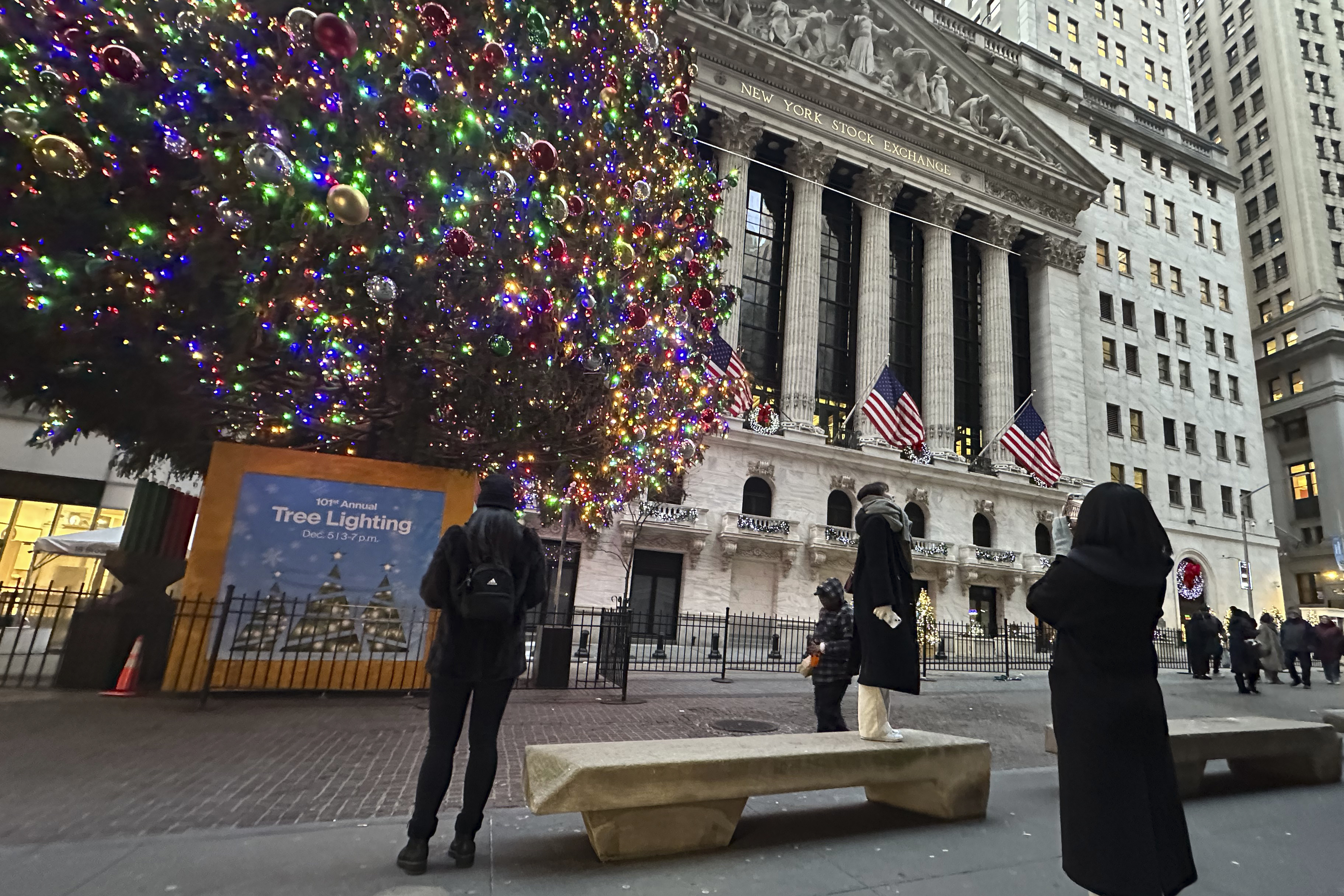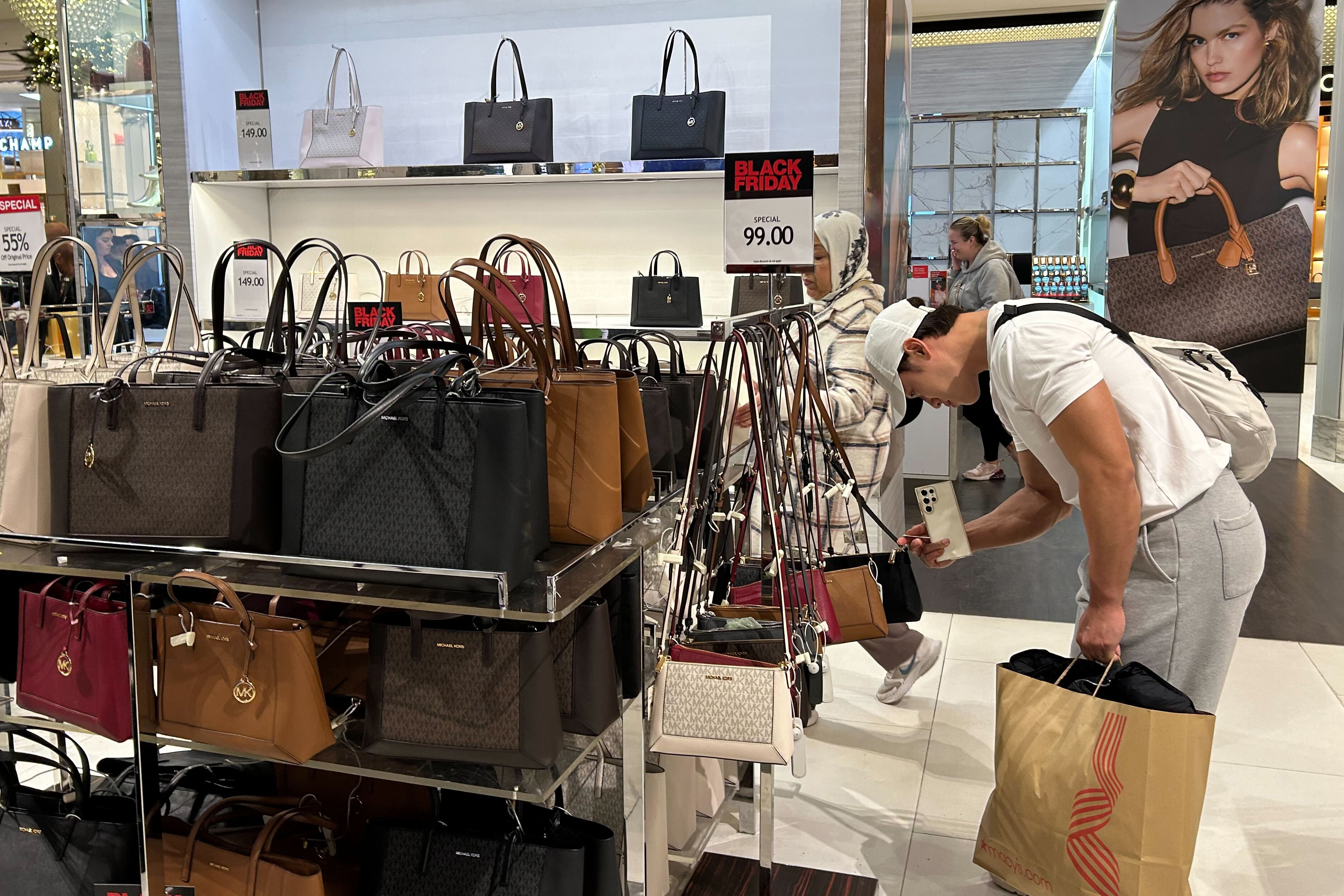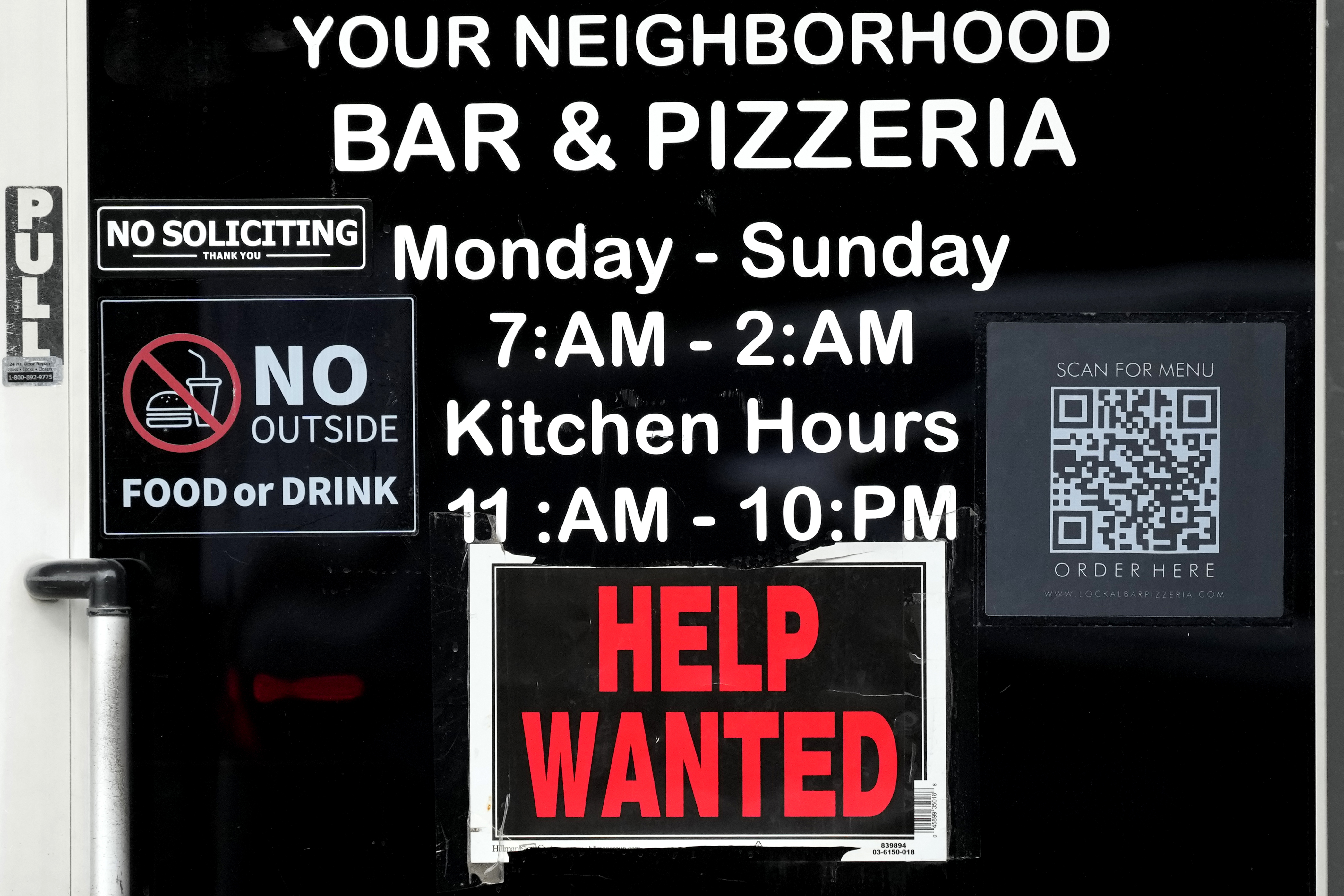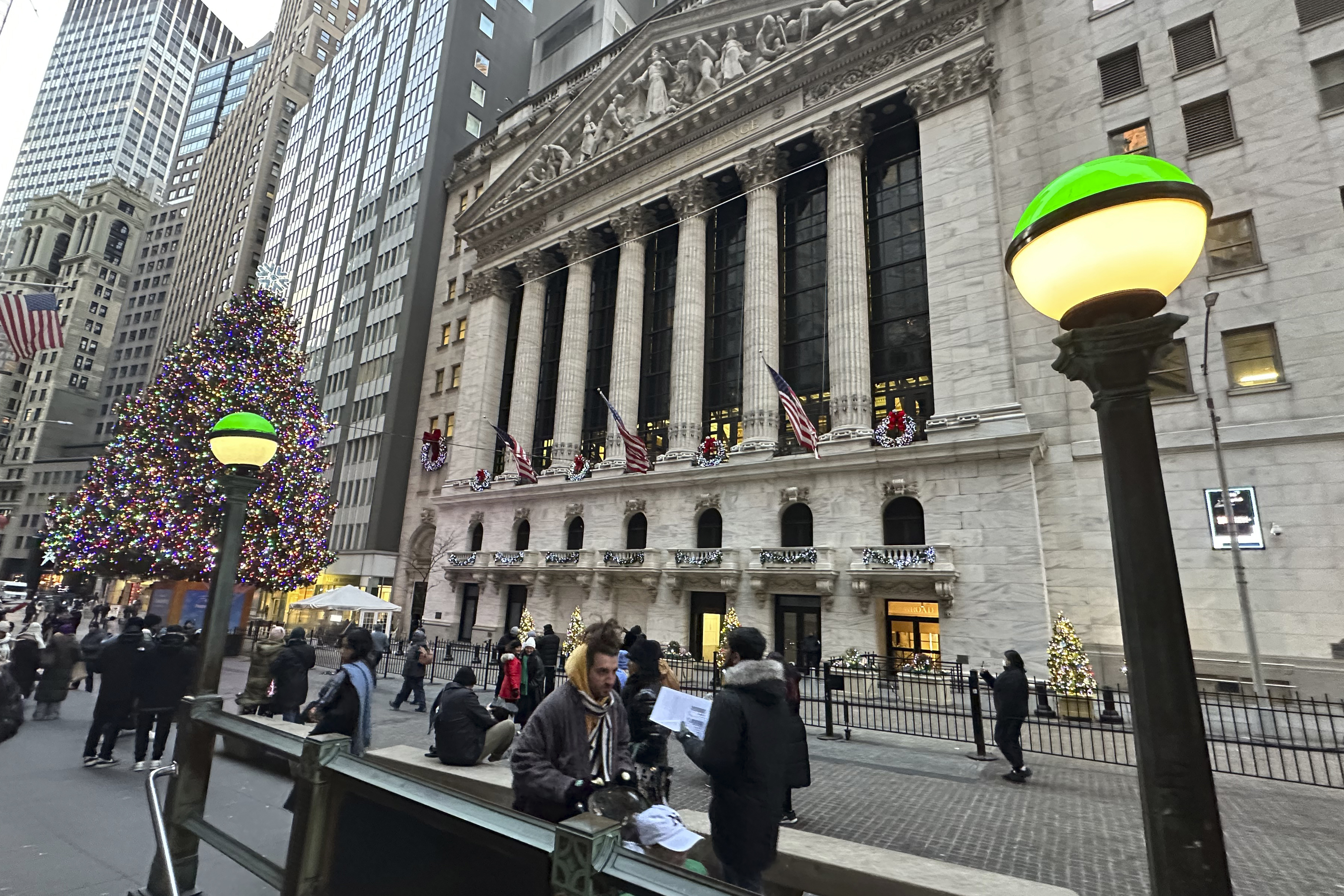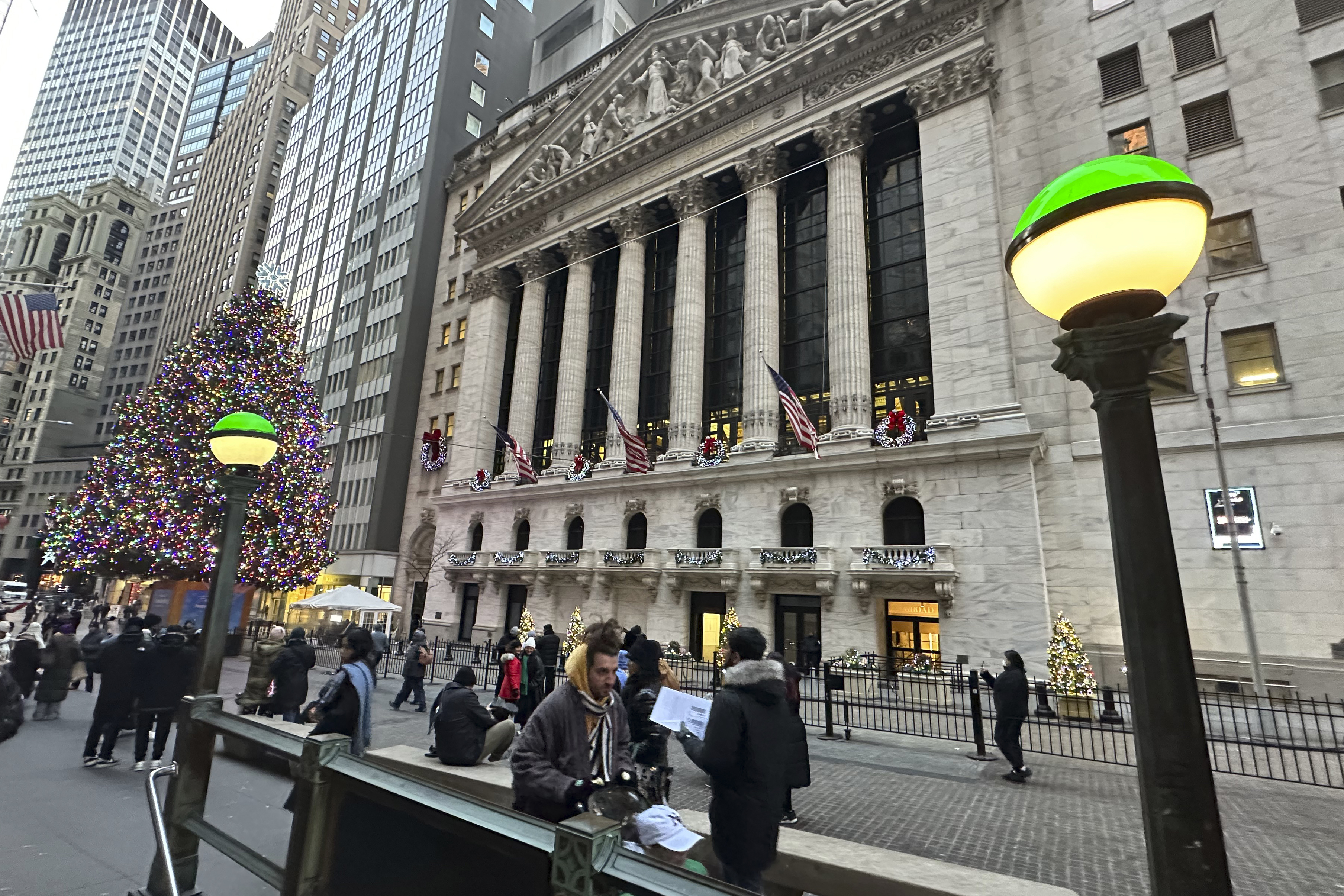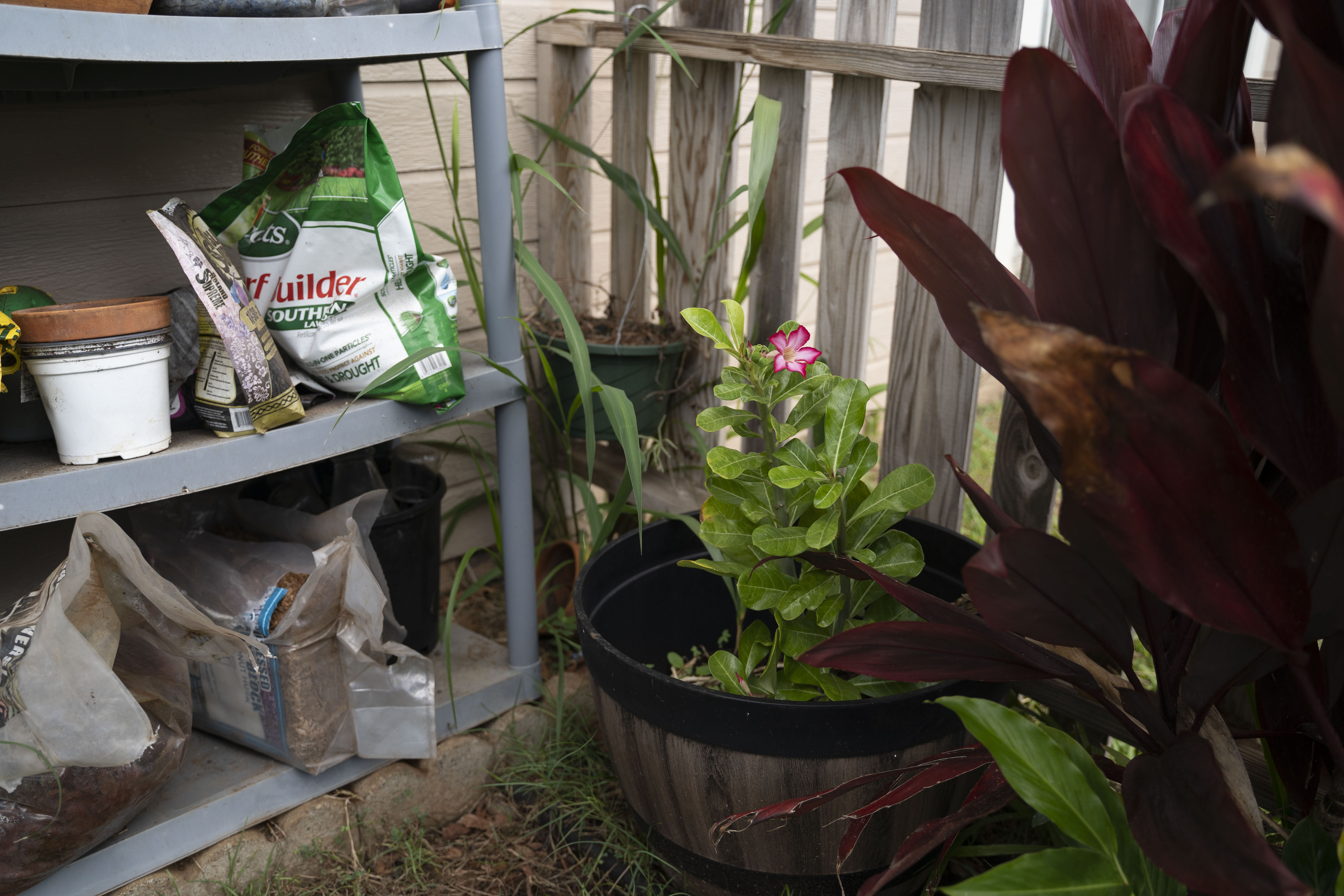NORFOLK, Va. (WAVY) — Norfolk’s commonwealth’s attorney is called a progressive prosecutor, who is now reforming Norfolk’s criminal justice system.
Ramin Fatehi is ruffling a lot of feathers, and his critics say he is partially responsible for a spike in crime in Norfolk. His critics include judges and the family of a high-profile murder case.
James and Rosa Cummings stand together in their Northern Virginia home frustrated by their son’s murder case seemingly falling apart.
“The whole way they were handling it, I do not think they were ready,” said Rose Cummings about the Norfolk Commonwealth’s Attorney’s Office.
ODU student Chris Cummings was fatally shot where he lived June 10, 2011, at a home just off campus.
Rosa told us, “They were not prepared. They did not do their homework. I really think that they did not care at all.” It was a mother’s indictment against Norfolk’s top prosecutor, Fatehi.
“We have been in touch with Mr. and Ms. Cummings. If they had any concerns, we have addressed them.”
The Cummings do have concerns that it took about 10 years to file charges in their son’s cold case.
“I think they took their time too much,” Rosa continued.
It is clear the Cummings did not think the case was going well, and have issues with Fatehi and his team of prosecutors.
“They did not submit all the documentation to the defense that they should have,” James said.
Two years after Edwards was arrested and five days before trial, Fatehi’s deputy, Cynthia Collard, makes a motion for a continuance.
According to court transcripts 10 On Your Side obtained and read through we found this: “We’re asking for a continuance. We were not timely in providing all the discovery to the defense … we do not have the necessary witnesses to go forward on Monday,” Collard told Norfolk Circuit Court Judge Jack Doyle.
We asked Fatehi about that.
“We are trying to do our best in every case, but we are human beings. Not every case is perfect, not every prosecutor is perfect, even the best prosecutors make mistakes.”
According to court transcripts, Judge Doyle, himself a former Norfolk commonwealth’s attorney, is livid with the failure to provide the discovery.
“I don’t know what word to describe the Commonwealth Attorney’s Office’s approach … neglect, malfeasance. The defendant’s rights … have completely been ignored and compromised.”
WAVY pointed out to Fatehi that Judge Doyle is clearly finding something wrong with the preparation of this case and this office.
“When we speak to judges, we speak to them in the courtroom, and this is not the forum for it,” Fatehi said.
Collard told Judge Doyle, “Judge, first of all, this is my fault. I’m falling on my sword.”
Fatehi told us about the falling on the sword.
“Falling on the sword, that’s what we have to do. That’s what we do. We are not going to lie or squirm. That is not what we do. We take responsibility.”
Judge Doyle said he had no choice but to dismiss the case with prejudice, which means it is dropped and can not be brought back.
“We were very disappointed to say the least,” said James Cummings, who remembers the call from Fatehi.
“He expressed his regret over and over again, taking blame over and over again,” Cummings said.
And then there’s Ahmad Watson, who was also charged in the Cummings case.
“It ruined my reputation really. I have two little kids and they’ve been going through a lot,” Watson said outside the Norfolk Courthouse on July 14 after his case was dismissed with prejudice.
The Edwards and Watson cases mirrored each other, and dealt with the same issues: witnesses lacking, discovery lacking, and continuances.
Fatehi responded: “We were not perfect in this. My prosecutors went in there and owned their errors, but in the end those cases were not viable against those defendants.“
It should be noted that Fatehi inherited the case and did not join the office until August 2012, well after Cummings’ death in June 2011. It was former Commonwealth’s Attorney Greg Underwood, who served until Fatehi won his election and took over in January 2022.
Fatehi’s office also had a mistrial in the Javon Doyle case. Doyle faced 13 charges connected with Cummings’ death. He will be retried.
The only one to be found guilty in the Cummings case was Rashad Dooley, who was found guilty of 3 of 13 charges in the Cummings’ case. The charges were lesser ones dealing with conspiracy.
Dooley’s attorney, Eric Korslund, says he received evidence from Collard in the middle of the trial.
“So we have cell phone tower data that was prepared by the FBI and was not allowed to be introduced into evidence and was not allowed to be shown to a jury, because it was not turned over to the defense in time. That is a fact,” Korslund said.
WAVY was also the first to report that Korslund is asking for the verdict to be set aside, and for a new trial.
Korslund also represented Antoine Legrande, who was charged with three counts of second-degree murder in the March 19 Granby Street shooting.
Legrande’s case was nolle prosequi, or withdrawn, and he walked because Fatehi’s witnesses never showed up in court. But in the beginning they were never subpoenaed.
Korslund told us Fatehi’s office told him, “we don’t want to subpoena them because in their own words in the Antoine Lagrande case it was a ‘delicate matter,’ so witnesses were not subpoenaed. You have to subpoena the witnesses.”
WAVY asked Fatehi about what the “delicate matter” was. He said at first he wanted the witnesses to come to court voluntarily, because he didn’t want the witnesses’ names on the subpoenas that could be found in court. He wanted to protect the names of the witnesses the best he could.
At the next hearing, those witnesses were subpoenaed, and they did not show up. There will be a hearing November 30 where the witnesses will explain to the court why they did not show.
Fatehi told us: “There are plenty of things I want to say. It is not appropriate.”
But it’s not only the Cummings cases that has caught the ire of judges.
Fatehi was unprepared for a trial that had been set for 8 months in the Ramono Shawn Newby Jr. case.
Judge Michelle Atkins admonished Fatehi: “For the last eight months, this trial date has been set. So why are we standing here on the morning of a trial and again a [jury] panel sitting on the fourth floor waiting to be brought up?”
Ramin responded to that, saying “we had put in an agreed upon request for a continuance. The prior week the negotiations were ongoing.”
That is true, but according to the court transcript Judge Atkins was concerned about the process and the presumption of a continuance after it had been denied by another judge.
Three days before trial Fatehi sends an email, telling the judge: “The reason I sent the email … there was simply no way … I would be prepared to try this jury today.”
Fatehi would later say “I have no witnesses, Your Honor … because I did not subpoena them.”
Fatehi continues, “the mistake I made — I will confess my error … If this case were to be coming on a motion to continue … it would be a joint motion … It was my error. It was my error.”
Fatehi told us about that: “Sometimes we as lawyers take the blame in the interest of the greater good, and what was the greater good to do what was absolutely the best for the victims in that case … the case was resolved with a guilty plea to a homicide charge.”
On May 21, 20 days before he would die, Chris Cummings shared a beer with his father on the porch of the house where he would die.
“It seems like something small, but if I had not done that it would be killing me right now,” James Cummings said.
